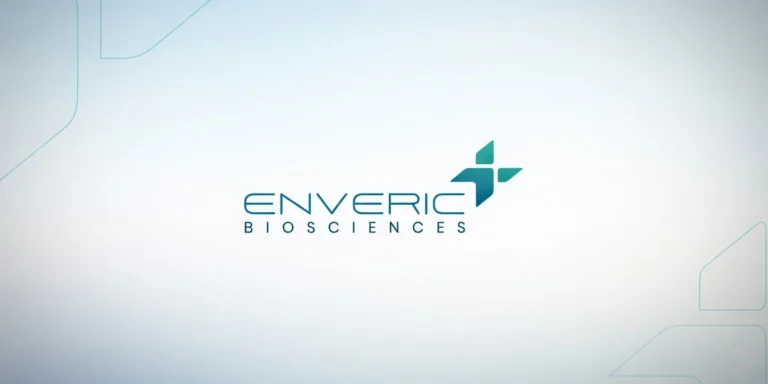
Asklepios BioPharmaceutical, Inc. (AskBio), a gene therapy company wholly owned and independently operated as a subsidiary of Bayer AG, today presented first-in-human data from a Phase 1 trial investigating AB-1002 (also known as NAN-101) for the treatment of patients with congestive heart failure (CHF) at this year’s American Heart Association Scientific Sessions, which are being held in Philadelphia, U.S., from November 11 to 13, 2023.3,4
The trial was designed to establish the safety and preliminary efficacy of gene therapy AB-1002 in patients with NYHA Class III Heart Failure, also known as advanced heart failure.4,5 AB-1002 is a rationally designed cardiotropic AAV vector targeting protein phosphatase inhibitor-1, which has been linked to heart failure.6,7
“We believe these encouraging early results in patients with advanced heart failure are important for the congestive heart failure community, as they bring hope to a sub-population where treatment options are needed,” said Litsa G. Kranias, PhD, Hanna Chair of Cardiology at the University of Cincinnati and US Coordinator, Cure-PLaN. “Seeing the potential of gene therapy being explored in heart failure is a key step forward in one day potentially changing the direction of this devastating disease, which is a leading cause of morbidity and mortality in westernized countries.”
Single-dose administration of AB-1002 resulted in clinically meaningful improvements in key efficacy parameters:3
- Among the six patients in Cohort 1, three who completed 12-month follow-up showed clinically meaningful improvements in left ventricular ejection fraction (LVEF), NYHA Functional Class (NYHA FC), Minnesota Living with Heart Failure Questionnaire (MLHFQ), cardiopulmonary exercise test (VO2 max), and 6-minute walk test (6MWT) at 12 months post-dose. The three remaining patients in Cohort 1 are still within the first 3 months post-injection.
- Among the five patients* in Cohort 2, two showed clinically meaningful improvements in MLHFQ and NYHA FC, and four (100%) showed clinically meaningful improvements in LVEF at 12 months, compared with baseline. Meaningful changes from baseline were considered to be NYHA FC, ≥1 point; LVEF, ≥5%; MLHFQ, ≥10 points; VO2 max, ≥1.5 mL/kg/min; 6MWT, 30 meters.
* only 4 of the 5 patients in Cohort 2 could be evaluated due to a fatal serious adverse event that was not deemed related to study treatment.
No treatment emergent adverse events (TEAEs) or serious adverse events (SAEs) were deemed related to study treatment.
Timothy D. Henry, MD, MSCAI, Principal Investigator and Steering Committee Member, commented, “Although current management has improved survival in CHF patients, most therapies do not treat the underlying causes, consequently the current standard of care does not reverse the trajectory of the disease to ultimate end-stage heart failure and death. These results show delivery of AB-1002 was well tolerated and resulted in positive efficacy outcomes in some patients with non-ischemic congestive heart failure.”
Canwen Jiang, MD, PhD, Chief Development Officer and Chief Medical Officer, AskBio, added, “At AskBio we are committed to our mission of transforming gene therapies from idea to impact. These results further validate that the AAV2i8 vector capsid is highly cardiotropic when injected through intracoronary means at relatively low doses. This is encouraging as it shows the exciting potential for gene therapy to reduce the considerable burden of congestive heart failure in a sub-population of heart failure patients where the current prognosis is particularly poor.”





